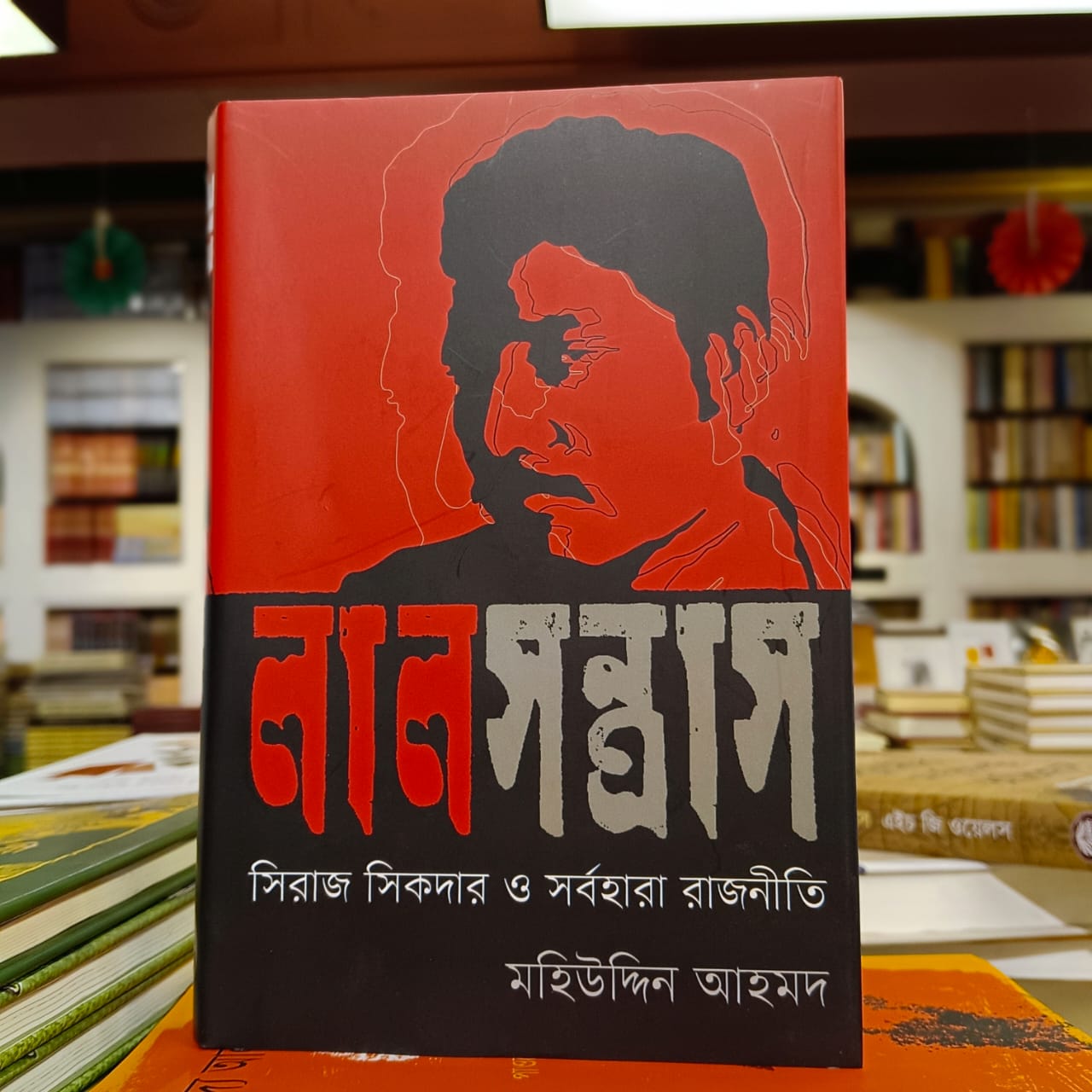- Historical Interpretation and Writing:
- The author, Mahyuddin Ahmed, expresses concern over the writing of history, stating that many events and characters are often misrepresented or omitted due to the fear of repercussions. He argues that writing about contemporary figures is risky and that history should be documented while the events and characters are still relevant.
- Excerpt: “সমসাময়িক বিষয় ও চরিত্র নিয়ে ইতিহাস চর্চায় অনেক ঝুঁকি। সেজন্য অনেক কিছু লেখা যায় না, লেখা হয় না।” (Page 18)
- Criticism of the Sarbahara Party’s Ideology:
- The document mentions that the Sarbahara Party’s ideology was criticized for not being sufficiently revolutionary and for failing to establish a true proletarian dictatorship. There were concerns that the party’s leadership was disconnected from the realities of the working class.
- Excerpt: “সর্বহারাকরণ হয়নি এপ ক্ষুদে বুর্জোয়াদের বিপ্লবী চরিত্র সর্বহারার বিপ্লবী চরিত্র থেকে মূলগতভাবে পৃথক এবং এ পার্থক্য বৈরীরূপ গ্রহণ করতে পারে।” (Page 46)
- Internal Conflicts and Leadership Issues:
- There are references to internal conflicts within the Sarbahara Party, where members were accused of being revisionist or traitorous if they disagreed with Sikdar. This led to a culture of fear and suppression of dissent within the party.
- Excerpt: “যার সঙ্গে তার মতান্তর হয়েছে, তাকেই তিনি অবলীলায় সংশোধনবাদী, ট্রটক্ষিবাদী, ষড়যন্ত্রকারী বা বিশ্বাসঘাতক বলতেন।” (Page 100)
- Violence and Assassinations:
- The document discusses the violent actions taken by the Sarbahara Party, including the assassination of Humaun Kabir, which was justified by the party as necessary for ideological purity. This raises ethical questions about the means used to achieve political ends.
- Excerpt: “হুমায়ুন কবির হত্যার দায় নিয়ে নেয় সর্বহারা পার্টি।” (Page 122)
- Critique of Political Strategies:
- The Sarbahara Party’s strategies were criticized for being overly aggressive and not considering the broader political context, leading to alienation from potential allies and the general populace.
- Excerpt: “বর্তমান রাজনৈতিক পরিস্থিতিতে ক্ষমতাসীন দল ও তাদের প্রতিদ্বন্বী। জনগণের প্রচণ্ড ভারতবিদ্বেষকে কাজে লাগিয়ে জাসদ ক্ষমতা দখল করতে চায়।” (Page 140)
- Accusations of Authoritarianism:
- There are accusations that Siraj Sikdar’s leadership style was authoritarian, demanding absolute loyalty and punishing dissent harshly, which undermined the democratic principles within the party.
- Excerpt: “শতভাগ একমত হও, মেনে নাও, অথবা জাহান্নামে যাও।” (Page 100)
- Mismanagement and Lack of Accountability:
- The document highlights issues of mismanagement within the party, where decisions were made without proper consultation or accountability, leading to significant errors and loss of life.
- Excerpt: “গণতান্ত্রিক কেন্দ্রীকতার নামে অন্ধ উত্তেজনা থেকেই একজন কমরেডের মৃত্যু পরোয়ানায় সই দিয়েছিলাম।” (Page 345)
- Criticism of Ideological Purity:
- The insistence on ideological purity led to the exclusion of members who did not conform to Sikdar’s vision, which was seen as detrimental to the party’s growth and effectiveness.
- Excerpt: “পার্টির বর্তমান সমস্যা হচ্ছে, কর্মীদের তাত্তিক মান উন্নত করা এবং মতাদর্শগতভাবে অধিকতরভাবে সর্বহারায় রূপান্তরিত করা!” (Page 392)
Red Terror: Siraj Sikdar and Proletarian Politics
